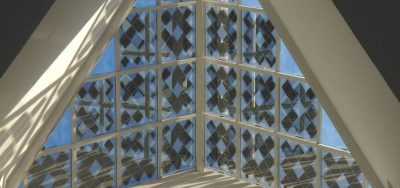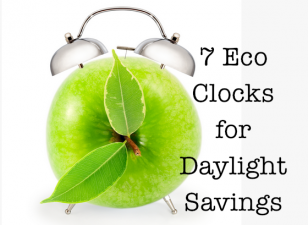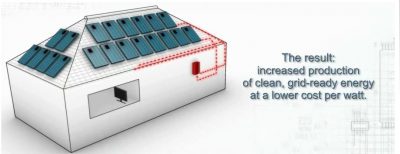
Erella Dunayevsky bats a red balloon at a little girl, who chases it giggling. It could be any grandmother and grandchild playing together. But in this case, not only are Dunayevsky and the little girl not related, but one is an Israeli and one is a Palestinian.
“I’ve been coming here for 12 years and it’s very simple – I have the freedom to choose my own friends,” Dunayevsky, a therapist, tells The Media Line.
The villagers here eke out a living herding sheep and goats. There’s no extra money for toys or other luxuries. In the summer, their shack is boiling hot – in the winter, it is freezing. Tarek Al-Hadalin, whose brothers and sisters are among the children playing, say they look forward to the weekly play-dates.
“On Mondays, they start asking me when is Thursday coming?” Al-Hadalin told The Media Line. “They really wait for them to come. It shows them that there are good Israelis just like there are good Palestinians.”
Many of these Palestinian villages don’t have water and electricity. Residents eke out a living from sheep and goats. Erella says her visits are not political. They’re just a way for Israelis and Palestinian to breach the walls that divide them.
“It creates trust, for us and the people we come to know,” Dunayevsky says. “It has waves, if I know Tarek, then he takes me to his friend, and it goes like that.”
For example, she has helped Tarek’s mother find a market for her traditional embroidery in Israel.
These Israelis also try to help solve problems with nearby Jewish communities in land that Israel acquired in 1967. Israelis from one community, Carmel, are trying to force Tarek’s family to move a traditional bread-baking oven that is built into the ground, saying that the smell bothers them. Shepherds here have to detour around the community to get to grazing land they say belongs to them.
A few miles away, another Israeli, Elad Orian (who we’ve interviewed many times on Green Prophet) is figuring out ways to provide Tarek and other Palestinians here with sustainable water and power. These villages are in Area C, the 60 percent of the West Bank completely controlled by Israel.
“There is no infrastructure for Palestinians in Area C,” Elad Orian, the co-founder of Comet-ME told The Media Line. “The state of Israel has been trying to get these people to move off their land and move from Area C to Area A and B. One of the main tools they’ve been using is planning or lack thereof. They do not provide infrastructure services to these communities. They do not enjoy water or electricity.”
Orian says Comet ME, funded by the German government, has provided 20 systems of solar panels to these villages, which has brought electricity to about 2000 Palestinians. He says electricity is a revolution for many of these Palestinians.
“It touches every aspect of your life. Illumination and communication, refrigeration — everything depends on electricity,” he said. “It’s a real revolution and the real beneficiaries are women. Their lives are really transformed. It reduces the gender specific workload tremendously.”
For example, he said, laundry machines make washing clothes, which is traditionally women’s work, much easier. In addition, right now, many of the women are using milk from their sheep and goats to make butter. Electricity means they can use a machine rather than doing the work by hand and save hours each day.
Tarek, who is finishing high school, dreams of becoming a documentary filmmaker.
“I used to have to study with a gas lantern and it was difficult,” he said. “But now, with the solar panels we have electricity all the time. I can study, watch TV, and use my computer as much as I want.”
This is reprinted from the Middle East News Source, The Media Line
Image of wind energy turbine in Tuba via Elad Orion Facebook page




One thought on “Renewable energy and traditional baking cooperation in Palestine”
Comments are closed.